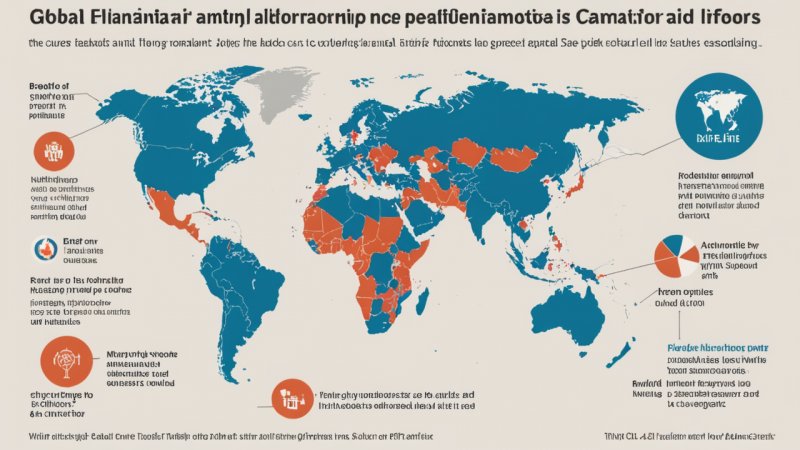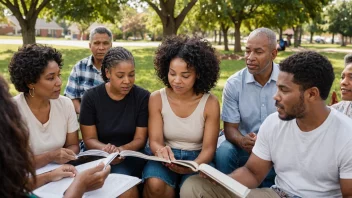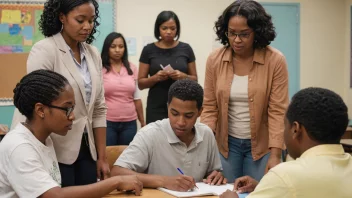What are global trade policies?
Global trade policies refer to the regulations and agreements that govern international trade. These policies can significantly influence the flow of goods and services between countries, impacting economies and communities worldwide.
How do global trade policies affect humanitarian aid?
Global trade policies can affect humanitarian aid in several ways, including:
- Regulations that may restrict the import of essential goods.
- Tariffs that increase the cost of aid supplies.
- Trade agreements that can prioritize certain nations over others, affecting where aid is directed.
What role do international organizations play in shaping these policies?
International organizations, such as the World Trade Organization (WTO) and the United Nations (UN), play a critical role in shaping global trade policies. They work to establish guidelines that promote fair trade practices and ensure that humanitarian aid can reach those in need without unnecessary barriers.
Can trade policies hinder disaster relief efforts?
Yes, trade policies can hinder disaster relief efforts. For instance, if a country imposes strict import regulations on food and medical supplies during a crisis, it can delay or prevent the delivery of crucial aid. In some cases, tariffs on imported goods can make it financially unfeasible for aid organizations to provide assistance.
What are some examples of trade policies impacting humanitarian aid?
Examples of trade policies impacting humanitarian aid include:
- Export Restrictions: Some countries may impose restrictions on exporting food items during domestic shortages, limiting the availability of aid.
- Customs Delays: Lengthy customs procedures can slow down the delivery of aid supplies, especially in emergencies.
- Trade Agreements: Certain trade agreements may prioritize the interests of wealthier nations, potentially sidelining poorer countries in need of aid.
How can individuals advocate for better trade policies?
Individuals can advocate for better trade policies by:
- Educating themselves and others about the impact of trade on humanitarian aid.
- Contacting their representatives to express support for policies that facilitate humanitarian aid.
- Participating in campaigns and organizations that focus on trade justice and humanitarian efforts.
What are the potential benefits of fair trade policies for humanitarian aid?
Fair trade policies can provide several benefits for humanitarian aid, including:
- Improved access to essential goods for communities in need.
- Lower costs for aid organizations, allowing them to allocate more resources to those in need.
- Strengthened partnerships between nations, leading to more effective aid distribution.
What can humanitarian organizations do to navigate trade policies?
Humanitarian organizations can navigate trade policies by:
- Staying informed about current trade regulations and potential changes.
- Building relationships with government agencies and trade organizations.
- Advocating for policy changes that enhance the flow of humanitarian aid.
How does globalization influence humanitarian aid?
Globalization can both positively and negatively influence humanitarian aid. On one hand, it can facilitate quicker communication and coordination among aid organizations. On the other hand, it can also lead to increased competition for resources and complicate the delivery of aid due to varying trade regulations.
What should I do if I want to learn more about this topic?
If you want to learn more about the impact of global trade policies on humanitarian aid, consider:
- Following reputable news sources that cover international trade and humanitarian issues.
- Joining discussion groups or forums focused on social justice and humanitarian aid.
- Reading reports from international organizations that analyze trade policies and their implications.
In conclusion, understanding the intersection of global trade policies and humanitarian aid is crucial for fostering effective assistance in times of need. By staying informed and advocating for fair trade practices, individuals can contribute to a more equitable global community.






